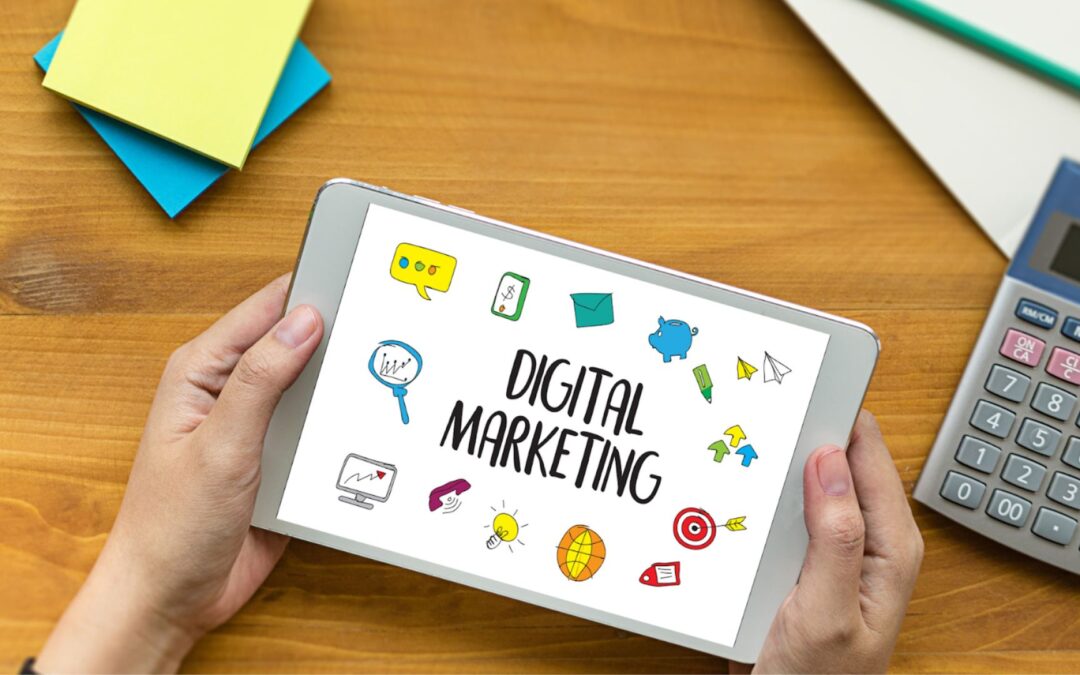Welcome to a comprehensive guide on the most effective personalization strategies in marketing. In today’s competitive market, personalization has become a crucial aspect of successful marketing strategies. Customers expect brands to understand their needs and preferences and deliver personalized experiences across all touchpoints. Utilizing Customer Relationship Management (CRM) systems and Artificial Intelligence (AI), businesses can create highly relevant and effective marketing campaigns that resonate with their target audience. This blog will explore how AI can transform your personalization efforts, backed by concrete examples and case studies.
The Importance of Personalization in Marketing
Personalization in marketing is more than just a trend—it’s a necessity. Personalization refers to tailoring content, products, and experiences to meet the individual needs of each customer. This approach not only enhances customer satisfaction but also drives engagement and loyalty. According to a study by Epsilon, 80% of consumers are more likely to make a purchase when brands offer personalized experiences. Furthermore, personalized marketing can significantly boost conversion rates and revenue.
Leveraging CRMs for Personalization
Customer Relationship Management (CRM) systems play a pivotal role in personalization efforts. CRMs collect and store comprehensive data about customers, including their purchase history, preferences, behavior, and interactions with the brand. This data provides valuable insights that can be used to personalize marketing campaigns effectively.
1. Segmentation and Targeting:
Effective segmentation involves dividing the customer base into distinct groups based on specific criteria such as demographics, purchase behavior, and interests. CRMs enable businesses to create detailed customer segments and target them with personalized messages.
Example: An online retailer can use their CRM to segment customers based on their purchase history. Customers who frequently buy fitness-related products can receive personalized emails promoting new fitness gear, while those interested in home decor receive updates about the latest home decor items. This targeted approach ensures that customers receive relevant content, increasing the likelihood of engagement and purchases.
2. Personalized Email Campaigns:
Email marketing remains one of the most effective channels for personalization. CRMs allow businesses to create personalized email campaigns by leveraging customer data to tailor content, product recommendations, and offers.
Case Study: An e-commerce client used CRM data to analyze customer purchase history and browsing behavior. This allowed them to send personalized product recommendations and offers to each customer. For instance, if a customer frequently purchased books, they received emails featuring new book releases and recommendations based on their past purchases. This level of personalization drove higher open rates, click-through rates, and conversions.
3. Dynamic Content Personalization:
Dynamic content personalization involves changing website or app content in real-time based on the individual visitor’s profile and behavior. CRMs provide the necessary data to implement dynamic content that resonates with each user.
Example: A streaming service can implement dynamic content personalization to enhance user experience. When a user logs in, the platform displays personalized movie and TV show recommendations based on their viewing history and preferences. This tailored approach keeps users engaged and encourages them to spend more time on the platform.
Enhancing Personalization with AI
Artificial Intelligence (AI) takes personalization to the next level by enabling more sophisticated data analysis, predictive modeling, and automation. AI-powered tools can process vast amounts of data quickly and accurately, uncovering patterns and insights that humans might miss.
1. Predictive Analytics:
Predictive analytics uses AI algorithms to analyze historical data and predict future behavior. This capability allows businesses to anticipate customer needs and tailor their campaigns accordingly.
Case Study: A major coffee chain can use AI-driven predictive analytics to personalize marketing efforts. The client’s app collects data on customer purchases, preferences, and location. AI algorithms analyze this data to predict when and what a customer is likely to order next. The coffee chain then sends personalized offers and recommendations through the app, such as discounts on a favorite beverage or suggestions for new menu items. This personalized approach boosts customer satisfaction and drives repeat business.
2. Chatbots and Virtual Assistants:
AI-powered chatbots and virtual assistants provide personalized interactions and support to customers. These tools can answer queries, provide product recommendations, and assist with purchases in real-time.
Example: A beauty retailer can integrate an AI-powered chatbot on their website and mobile app. The chatbot provides personalized product recommendations based on the user’s preferences and past purchases. It also allows users to virtually try on makeup products, helping them make informed decisions. This personalized assistance improves customer satisfaction and increases conversion rates.
3. Content Personalization with Natural Language Processing (NLP):
Natural Language Processing (NLP) enables AI to understand and generate human language. This capability is used to personalize content and communications, making them more relevant and engaging.
Example: A music streaming service can leverage NLP to create personalized playlists for users. By analyzing users’ listening habits and preferences, the platform generates playlists such as “Discover Weekly” and “Release Radar,” tailored to each individual’s musical tastes. This personalized content keeps users engaged and encourages them to explore new music.
Integrating CRM and AI for Maximum Impact
Combining the power of CRM and AI creates a synergy that enhances personalization efforts and drives better marketing outcomes. Here are some strategies to integrate CRM and AI effectively:
1. Automated Customer Journeys:
Automated customer journeys use AI to guide customers through personalized experiences based on their interactions and behavior. CRMs track customer activities, while AI algorithms determine the next best actions to take.
Example: A travel agency can integrate their CRM with an AI platform to automate customer journeys. When a customer books a flight, the CRM captures this information and triggers personalized follow-up emails with hotel recommendations, travel tips, and destination guides. AI analyzes the customer’s preferences to tailor the content of these emails, providing a seamless and relevant experience.
2. Advanced Segmentation:
AI enhances segmentation by identifying patterns and trends that might not be immediately apparent. CRMs provide the data, while AI algorithms analyze it to create more precise and effective segments.
Example: A fashion retailer can use CRM data to collect customer information, including purchase history and browsing behavior. AI analyzes this data to identify micro-segments, such as customers who prefer sustainable fashion or those who frequently shop during sales. The retailer then creates personalized marketing campaigns for each micro-segment, resulting in higher engagement and conversion rates.
3. Real-Time Personalization:
Real-time personalization delivers relevant content and offers to customers at the moment they are most likely to engage. CRMs provide real-time data, while AI determines the best content to display.
Example: An e-commerce website can integrate their CRM with an AI-powered personalization engine. When a returning customer visits the site, the CRM identifies the customer and AI analyzes their browsing behavior in real-time. Based on this analysis, the website displays personalized product recommendations and offers tailored to the customer’s interests. This real-time personalization increases the chances of conversion and enhances the overall shopping experience.
Conclusion
Personalization is a powerful strategy that can significantly improve your marketing efforts and drive business growth. By leveraging CRMs and AI, businesses can create highly relevant and effective marketing campaigns that resonate with their target audience. From personalized email campaigns and dynamic content to AI-driven predictive analytics and chatbots, the possibilities are vast.
Embrace the power of personalization and take your marketing to new heights. Start creating personalized experiences that captivate and convert your audience. Transform your marketing efforts and achieve remarkable results.



